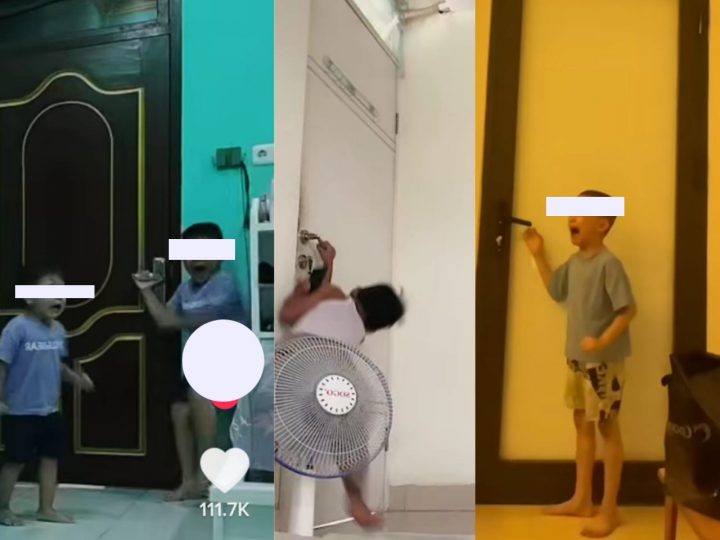DBKL To Close Jalan TAR To Traffic On Sundays To Incite ‘Walking Culture’ Among City Dwellers
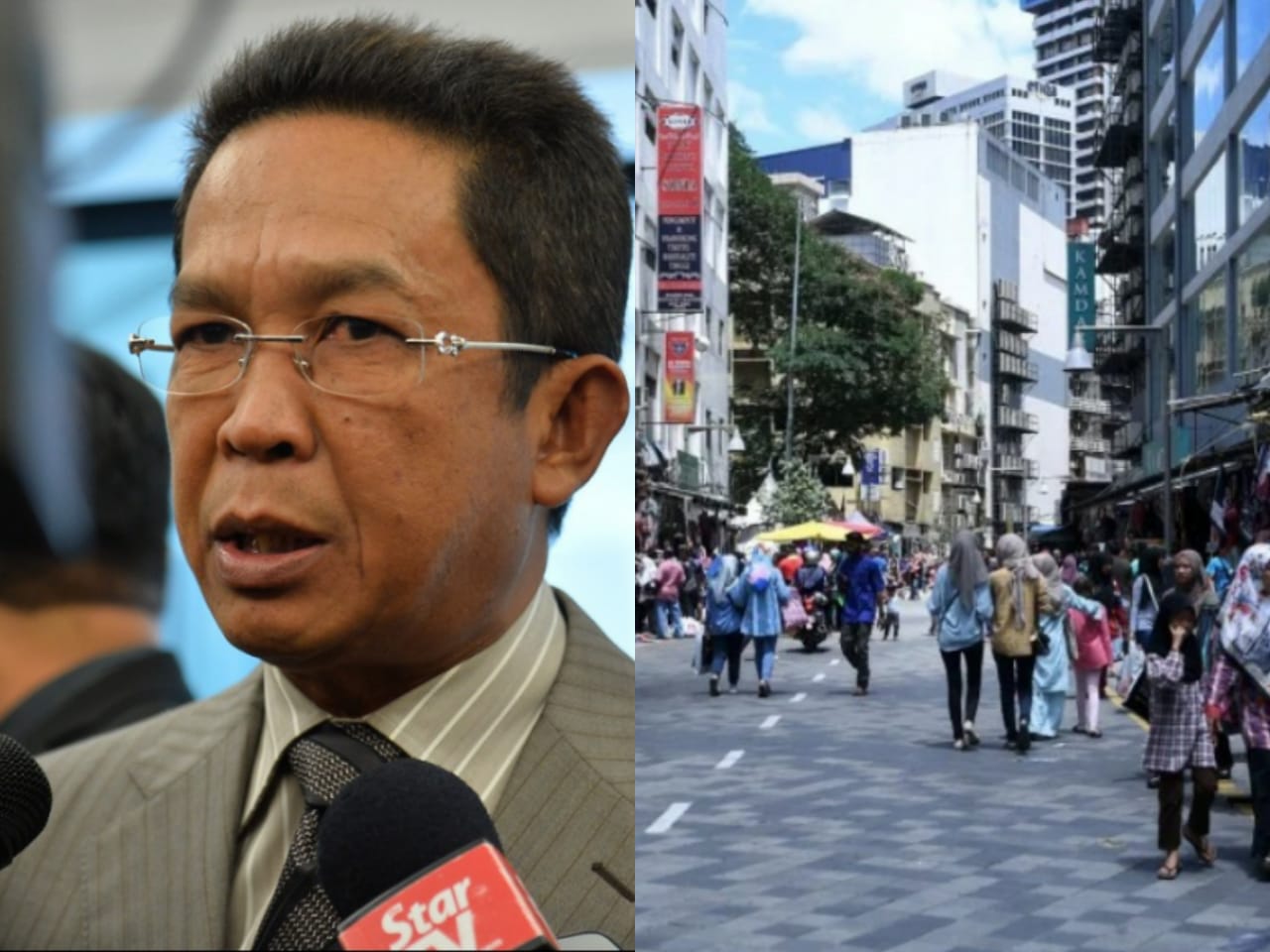 Thirsty for JUICE content? Quench your cravings on our Instagram, TikTok and WhatsApp
Thirsty for JUICE content? Quench your cravings on our Instagram, TikTok and WhatsApp
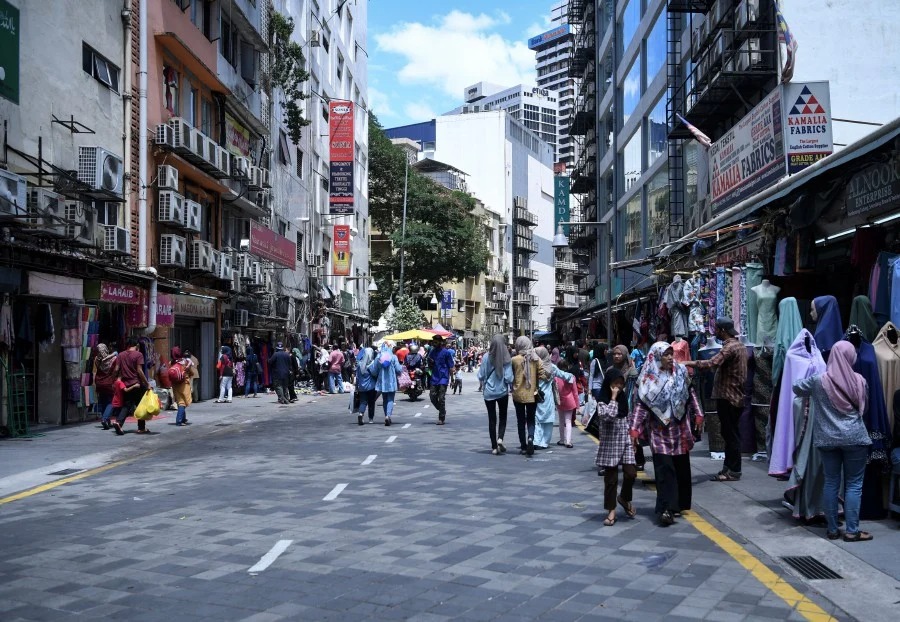
From September 28 onwards, the Kuala Lumpur City Hall (DBKL) intends to close off Jalan Tuanku Abdul Rahman, also widely recognised as ‘Jalan TAR’, to all vehicles.
Datuk Seri Jalaluddin Alias, Deputy Federal Territories Minister, stated that this was undertaken to promote the culture of walking among city folk, and that DBKL had been organising engagement consultations with the parties in the impacted areas for the road closure to be recognised.
“We would like to close Jalan TAR from the junction of Jalan Esfahan to Jalan Tun Perak from 6 a.m. to midnight to encourage the public to walk,” he said today during a question-and-answer session in the Dewan Negara, as reported by The Sun.
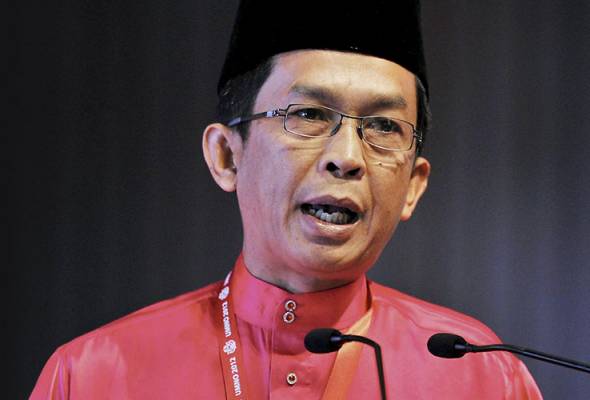
He made these remarks in response to an inquiry from Senator Datuk Dr Dominic Lau Hoe Chai about efforts to enhance Kuala Lumpur’s pedestrian facilities and the state’s “willingness to walk.”
He then asserted that 23 areas had been listed for pedestrian infrastructure upgrades.
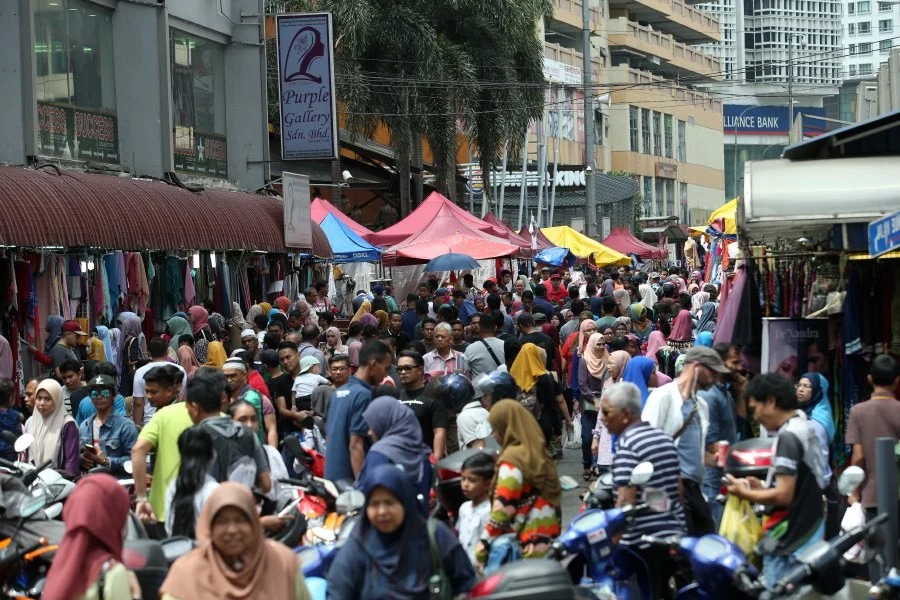
“These projects are being arranged in such a way that they will include a complete network and, once concluded, will provide a fresh image or rebranding to the areas involved and can implicitly serve as tourist destinations,” he explained.
In response to a supplementary inquiry from Senator Datuk Seri Zurainah Musa on measures taken by DBKL to guarantee pedestrian safety, Jalaluddin said that around 5,000 closed-circuit television (CCTV) cameras had been placed throughout Kuala Lumpur City, with 2,062 of them focusing on pedestrian paths, as well as 250 law enforcers performing traffic checks.
“Don’t worry, your safety is guaranteed. Encourage the culture of walking!” he said.
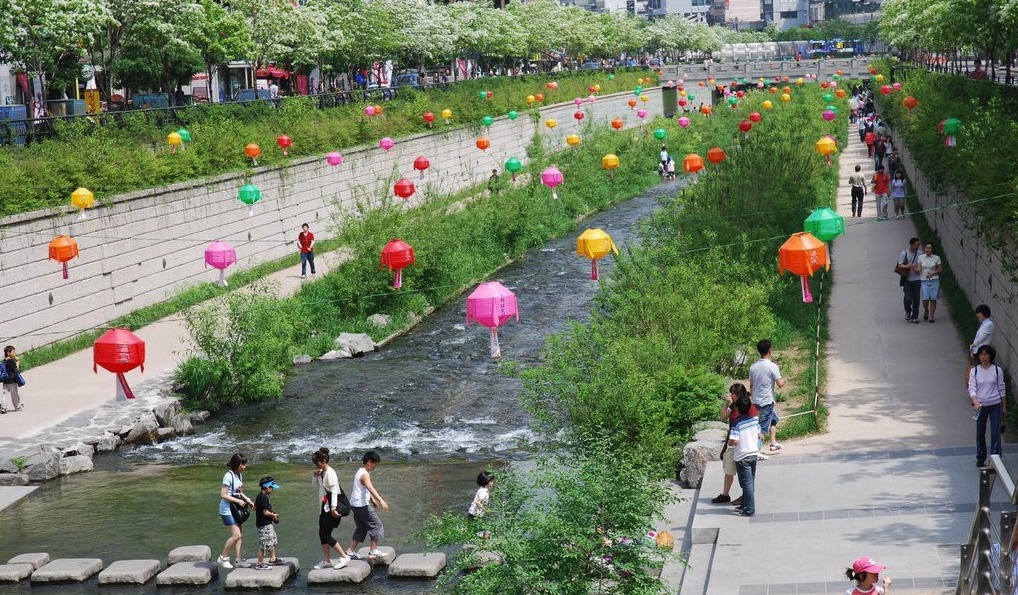
In June, JUICE reported that the construction of additional motorways, which has been touted as a solution to traffic congestion, has been shown to be ineffective in several nations.
South Korea gained international acclaim in 2003 for transforming a mile of freeway in the heart of Seoul into a park covering 1,000 acres. Following that, we suggested for the same to occur on a domestic scale, holding the potential to boost the local economy via tourism while also reducing traffic.
Read all about that here.

 Get Audio+
Get Audio+ Hot FM
Hot FM Kool 101
Kool 101 Eight FM
Eight FM Fly FM
Fly FM Molek FM
Molek FM